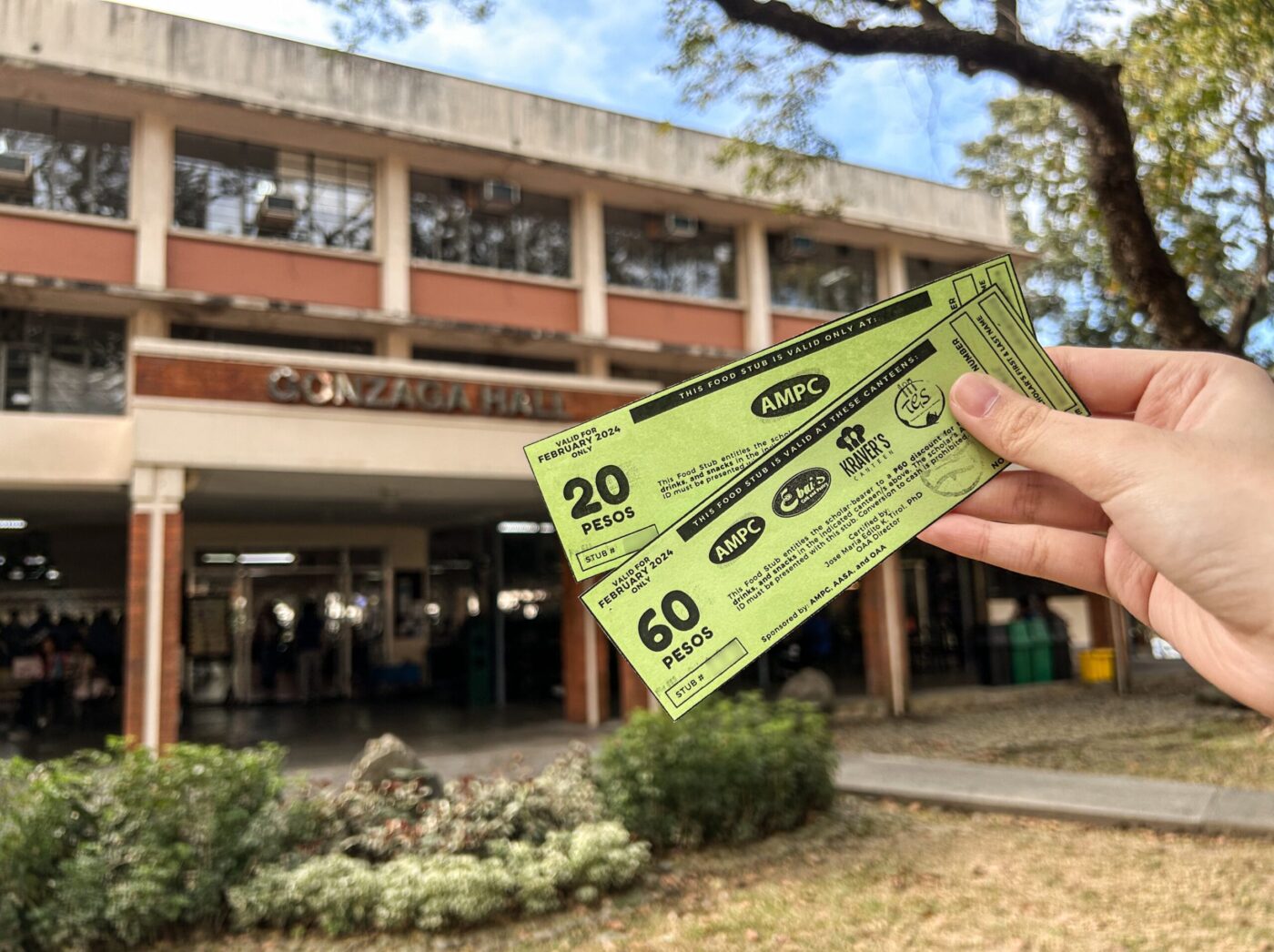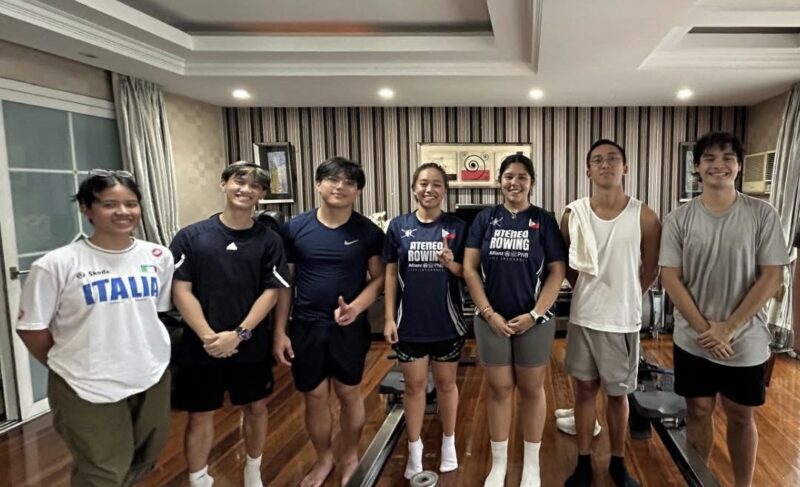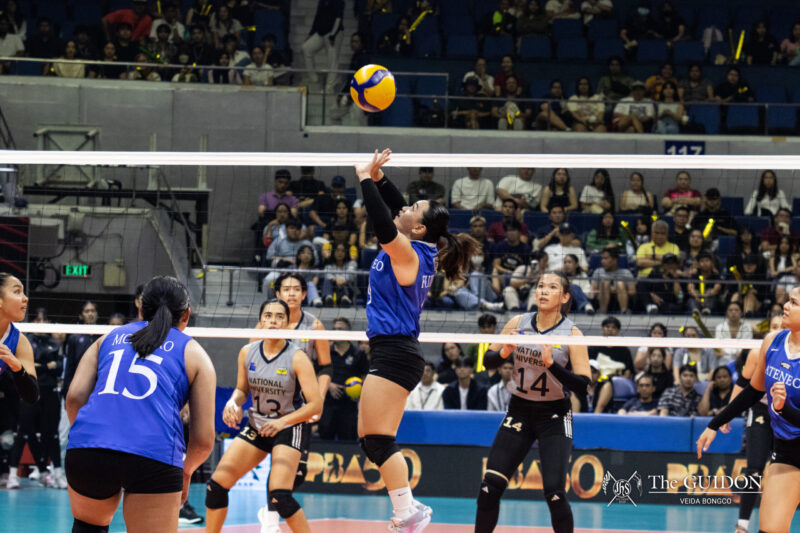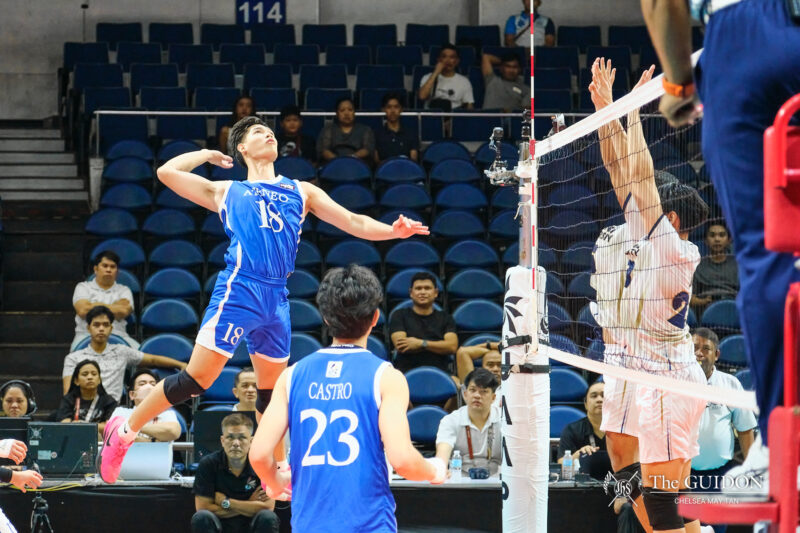THE END of every month means thriftly using any money left for many Ateneans, especially for scholars with limited financial resources. Even with much frugality, scholars may still find it difficult to afford healthy meal options on campus amid soaring food prices.
In an effort to alleviate such struggles, the Office of Admission and Aid (OAA) revived its food stub initiative in July 2022. Last October 2023, the OAA expanded the validity of food stubs to other campus cafeterias, including its usage not only for meals but also for other items such as bread, noodles, and toiletries at the Ateneo de Manila Multi-Purpose Cooperative (AMPC) canteen.
As the initiative continues to be implemented, the rising costs of food—among many other factors—have led to concerns regarding its impact and sustainability.
Sponsoring a subsidy
While the OAA launched the return of providing food stubs among scholars, Assistant to the Director for Scholarships Christine Magboo noted that the initiative was started as early as AY 2003–2004 by former AMPC Chairman Leoncio Miralao, Jr.
Referred to as “food coupons” back then, the food stubs were previously open to the whole student body, eventually becoming a scholar-specific initiative. In 2007, each stub was worth Php 150. Six years later, the amount was doubled to Php 300. However, the provision was temporarily halted in 2020 due to the pandemic.
At present, OAA releases 500 food stubs worth Php 500 every month. The initiative is currently being funded by OAA, AMPC, and the Ateneo Alumni Scholars Association (AASA). Scholarship Officer Rosalydele Bajao says that Financial Aid scholars with no additional allowance are prioritized in the provision of food stubs.
These scholars can avail of a food stub every month by signing up on a first-come, first-served basis on a Google Form posted on the Scholars’ Facebook Group.
When food stubs are not claimed by individuals who signed up within the specified schedule, Bajao adds that these are made available for all scholars during the system’s free-for-all (FFA) period.
Initially, food stubs can only be redeemed for meals at the AMPC cafeteria. However, during a townhall meeting last semester with OAA Director Jose Ma. Edito Tirol, PhD, scholars raised their concerns regarding AMPC’s closing time, making them unable to use the food stubs for dinner. As a result, OAA expanded the food stubs’ validity to cafeterias in the ISO building, as well as in Cervini and International Residence Halls.
Notably, Bajao clarifies that the provision of food stubs is solely an extra subsidy and must not be equated to a food allowance. Thus, it does not generally aim to cover a scholar’s food budget for the entire month.
Scholars’ sentiments
For Juan Miguel Manuel (3 BS BIO), food stubs serve as an additional assistance that is financially helpful, especially in times when scholars find it difficult to manage their meager allowances.
Manuel shares that availing food stubs personally aids him in effectively handling his budget. However, as a Financial Aid scholar with a transportation allowance, he acknowledges that having an additional grant for his fare expenses may have also contributed to his convenience in properly budgeting his allowance.
“If you’re a Financial Aid student and you want [additional] allowance, you have to apply for that separately, so the food stub serves as an aid,” Manuel explains in a mix of English and Filipino.
This year, Manuel was able to secure food stubs twice—once last semester and another this February—although he admits that the stubs he received were unclaimed ones. While he is eligible to sign up, he points out that doing so can be challenging because of his academic obligations.
Similarly, Bela* shares her difficulty in availing of the initiative due to scheduling conflicts. She is only allowed to claim food stubs during the FFA period as a merit scholar of the Department of Science and Technology (DOST). Bela bears that the said period is unpredictable, as the food stubs available by that time depend on the number of unclaimed stubs.
Acknowledging this concern, the OAA plans to further systematize the said period by having an online counter that shows the remaining number of unclaimed food stubs at the AASA office.
Furthermore, Bela also notes the possibility of food stubs being availed by the same set of scholars—a sentiment that even OAA struggles with. According to Bajao, the office is also finding ways to expand the distribution while making it more targeted for scholars in dire need of the said food subsidy.
In a survey on food stub provision conducted by The GUIDON to scholars, 65% of the respondents think the initiative is sufficient in lessening their financial expenses. Three-fifths of the respondents also regularly make use of the subsidy as they sign up to avail a food stub five times every semester.
For the month of January, the survey revealed that half of the respondents’ total food spending on campus ranged from Php 500 to Php 1,499. Due to expensive meal prices, respondents also shared that the Php 500-food stub can only last for a maximum of around three days—indicating a gap between the food stubs’ total value and on-campus dining costs.
Amid these challenges, the survey noted that the respondents find the food stubs significantly useful, especially during financially tight periods.
Following this, Bela appreciates the OAA’s effort to provide extra sources of money for scholars aside from their formal scholarships. “Malaking help [ang food stubs] kasi one factor na ginagastusan sa Ateneo is ‘yung food. Kapag scholar ka, ‘yung tuition mo hindi mo na problema, lalo na ‘pag full scholar ka, so susunod na talaga na malaking bayaran is food,” she explains.
(Food stubs are a huge help because one [aspect] that scholars spend on in Ateneo is food. Your tuition is no longer a problem, especially if you’re a full scholar, so the next big expense is food.)
Short-term solutions
As food stubs prove to be beneficial for scholars, providing such is no longer a new scheme as it translates to bigger economic policies and programs implemented beyond the University.
Sustainable Development Solutions Network Philippines Project Coordinator Edgardo Valenzuela compares the initiative to the food safety net measures provided by governments to ensure food security, which “entails all persons having the right to food.” He states that crucial to this goal is having healthier food options, which he currently sees lacking in campus cafeterias.
Additionally, Economics Professor Leonardo Lanzona, Jr., PhD considers the food stub provision as a form of human capital investment. Recognizing the complementary factor of nutrition and health to education, he says that the assistance ensures scholars’ welfare.
However, as a faculty member of the Economics Department, Valenzuela believes the initiative is only a short-term approach in addressing scholars’ financial struggles. Nonetheless, he stresses that while the food stubs do not necessarily ensure food security, the subsidy still provides immediate food aid.
Despite its apparent effectiveness, continuing the initiative may require the OAA to carry out some cost-cutting measures due to budget constraints. In a general assembly last February 16, the OAA revealed its plans to prohibit DOST scholars from getting food stubs by Intersession next year.
Ultimately, Bajao hopes that the OAA can secure more benefactors for its assistance programs, as sustaining the food stub initiative requires consistent financial support and steady funding.
*Editor’s Note: The name of an interviewee was changed to protect their identity and privacy.







